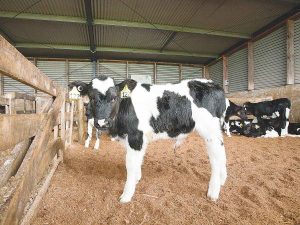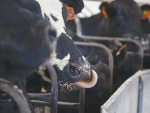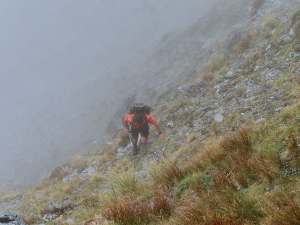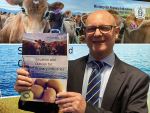The ‘Look after your calves, look after your community’ is a joint initiative targeted at keeping both livestock and rural communities strong and healthy.
RWNZ and Virbac New Zealand say they both recognise the importance of this and that is why they have worked together on this initiative.
So, this season, Virbac will be donating $1 from every box of calf oral electrolyte products Revive and Diarrest sold to RWNZ. This donation will be used to fund RWNZ’s newly established Animal Health Study Grant.
This grant will be available to any person studying in the veterinary and vet nursing field. Special consideration will be given to those choosing to live and work in small or rural communities.
RWNZ says attracting professionals to live and work within rural and smaller communities in New Zealand has always been a challenge.
“Encouraging and supporting students into a rural profession provides an opportunity to give a taste of rural life to a graduate that may never have considered living rurally before.”
RWNZ says it provides a respected and credible voice to decision-makers on the challenges facing rural New Zealand.
The organisation has been empowering rural women, their families, businesses and communities for close to 100 years. In times of need, they provide support to those that need it, and offer a vibrant social support network to help rural communities to remain strong and resilient.
RWNZ says it recognises that women have an integral role to play in rural businesses and communities as decision makers and influencers. Often on the front line and commonly tasked with the role of calf rearer, this time of the year requires relentless hard-work, care and nurture from rural women throughout the country.
The organisation believes in supporting women by providing opportunities for development within the organisation and through educational grants and bursaries, however they are not just for farming women.
“RWNZ focuses on supporting and empowering all rural women, their families and communities through their nationwide membership which embraces the diversity of those living rurally as well as those interested in rural life,” it says.











